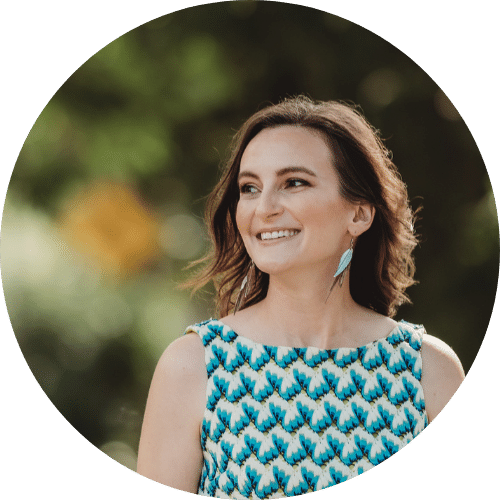
In this interview with Dr. Samantha Brody, we’re talking about what to do when stressed out and you know it’s affecting your business’ bottom line, too.
I know from personal experience that if I’m not feeling well, if stress is taking over, then I pull back in my business.
By trying to protect myself from additional stress, I might turn down great opportunities or even dim my light to attract less clients and thus less pressure or work.
Sound familiar? I’ve found that as branded business owners, where we “are” the business, our health is intricately linked to our bottom line.
That’s why it’s my pleasure to introduce you to my own naturopath doctor, who worked with me over the past few months to help me deal with the new levels of stress that come with running a bigger business.
So many of us have ongoing daily stresses that can accumulate and results in what Dr. Samantha Brody calls stress 2.0. It’s important to learn how to deal with it or often, our health can be affected.
I had the pleasure of talking with Dr. Samantha about what we can do to minimize the impact of stress 2.0.
Our Interview On What To Do When Stressed Out
How to Deal with Stress 2.0 with Dr. Samantha
In our interview, Dr. Samantha brilliantly explained the difference between Stress 1.0 and 2.0. Our bodies go through the original kind of stress from major assaults on our system like needing to run away from imminent danger. This is a normal reaction that helps us respond quickly.
However, with stress 2.0 we experience this kind of stress on an ongoing day to day basis. We might not even realize this but our bodies do not recognize the accumulation of daily stresses as being any different from those caused from real danger.
Buckets of Stress
Dr. Samantha has a great analogy to help us understand how we can decrease our stress 2.0.
Our buckets of stress fill up and once they spill over, we have little control over how to deal with the consequences. If we figure out how to remove some of the stresses in our buckets, we can prevent that from ever happening.
The problem is that many of us don’t know which things we can actually control. We mistakenly believe there are things we can’t change when in fact, there are options we just aren’t aware of.
Things we choose not to control
Dr. Samantha tells us that we can make changes as long as we can admit that there are in fact certain stressors that we do have control over even though we tell ourselves we don’t.
There are 3 types of stress:
- Stress from things we can’t control
- Stress from things we can control
- Stress from things we choose not to control
In my own experience working with Dr. Samantha, she showed me ways to deal with stressful situations that I hadn’t thought of before.
For example, in my life I noticed that my local grocery store was very overwhelmed and a source of stress for me. This might seem weird, but I’m from a really small town and the Park Slope Food Co-op has over 17,000 members who shop there on a regular basis…
So Dr. Samantha suggested that I find ways to reduce my overwhelm when I shopped, and my solution was to listen to a podcast while I’m there, and it’s been a great way to shift a stressful experience into a much more edutaining one!
She’s done the same for clients and I urge you to check her out at DrSamantha.com and grab her free presentation at Understand Stress to get access to the Stress 2.0 talk she mentions in the interview.
You can also download this Stress 2.0 Sleep PDF right now to learn more about your sleep hygiene.
I hope this interview has given you some ideas for ways to curb the stress you might be feeling on a regular basis… because when stress isn’t taking over your life, you’re a heck of a lot more likely to take action in your business and continue to grow it in positive ways!
Dr. Samantha is a licensed Naturopathic Physician and Acupuncturist based in Portland Oregon and working remotely with clients across the country. With 17 years of experience working as an integrative physician practicing both Western and complementary medicine Dr. Samantha is uniquely positioned to design a health plan that is tailored to your needs, based on your health values.


